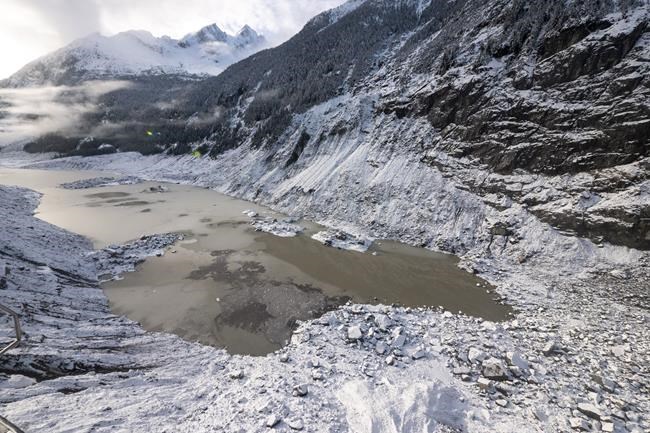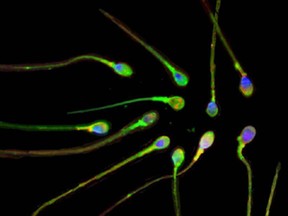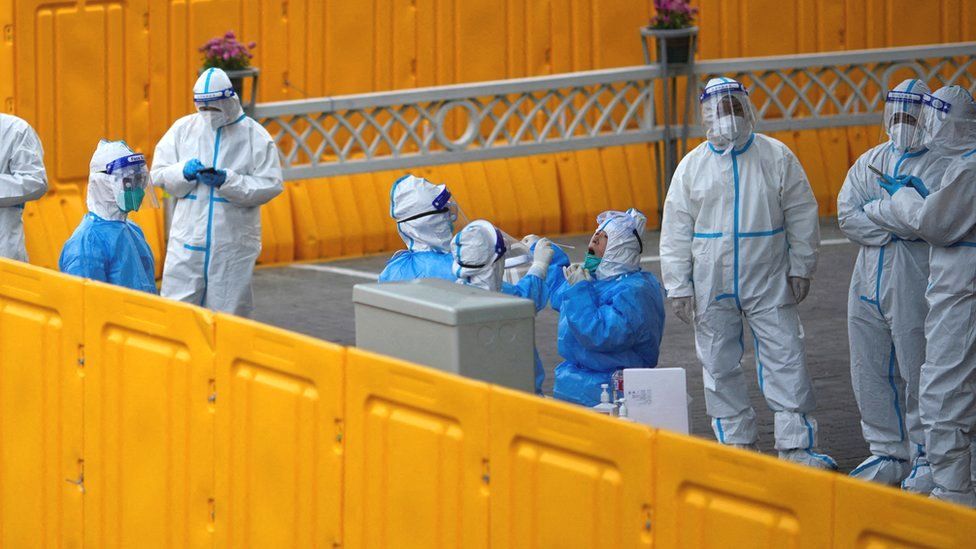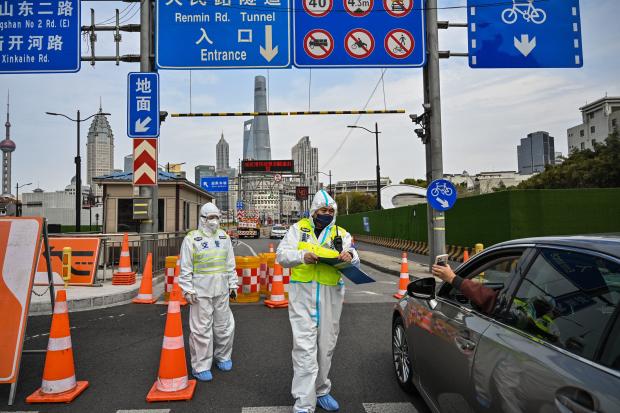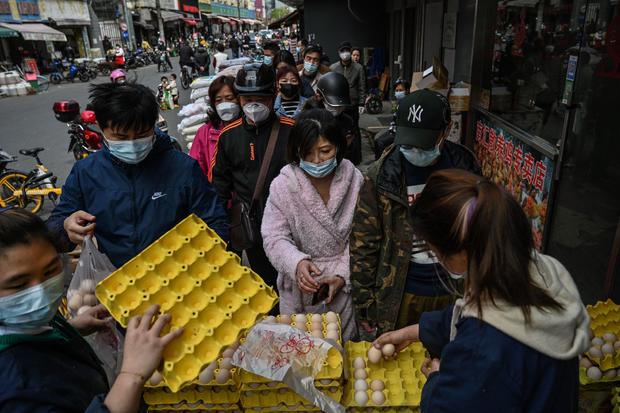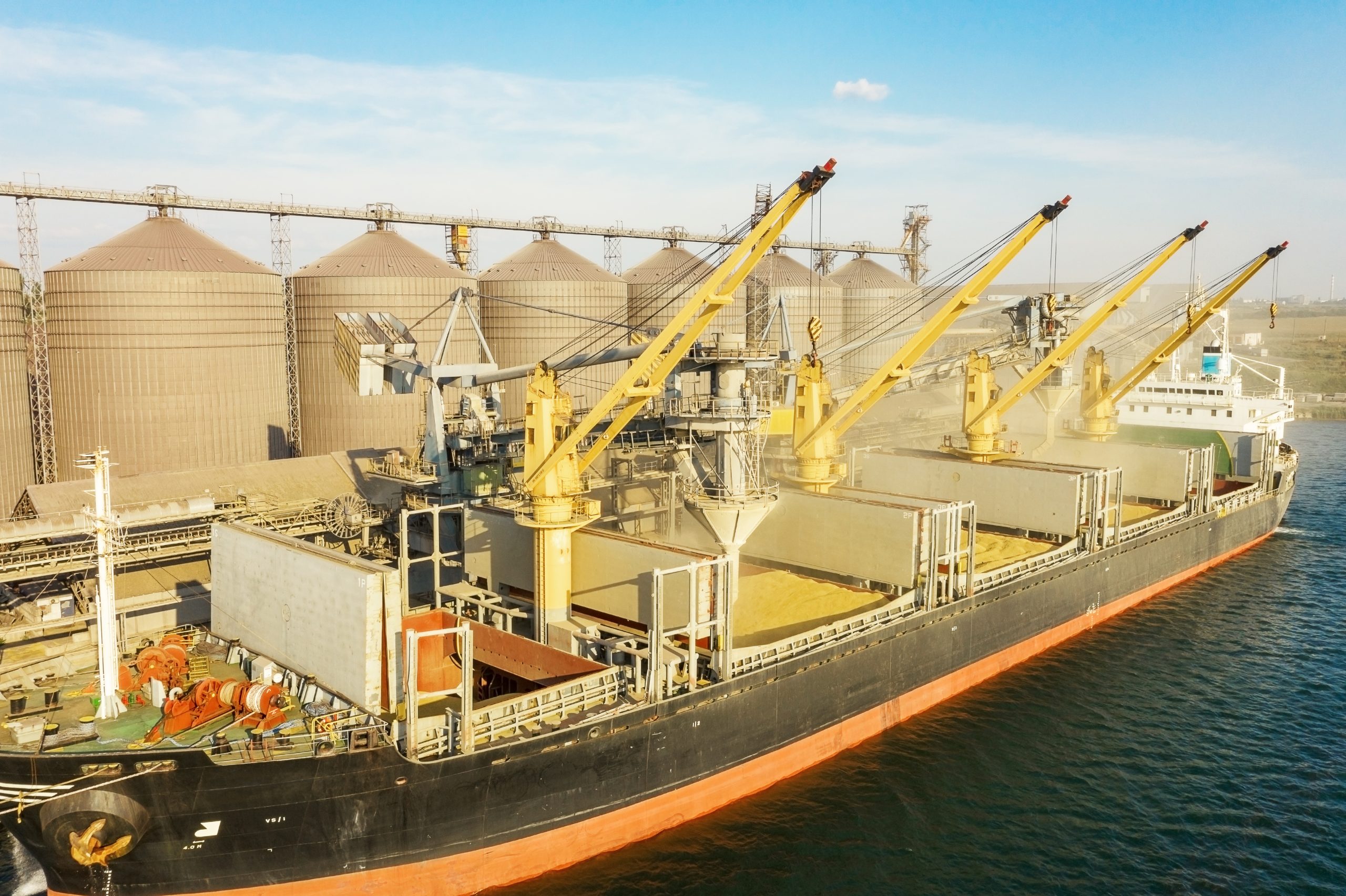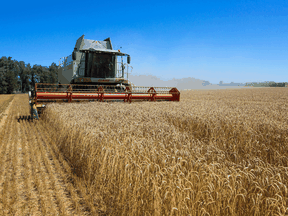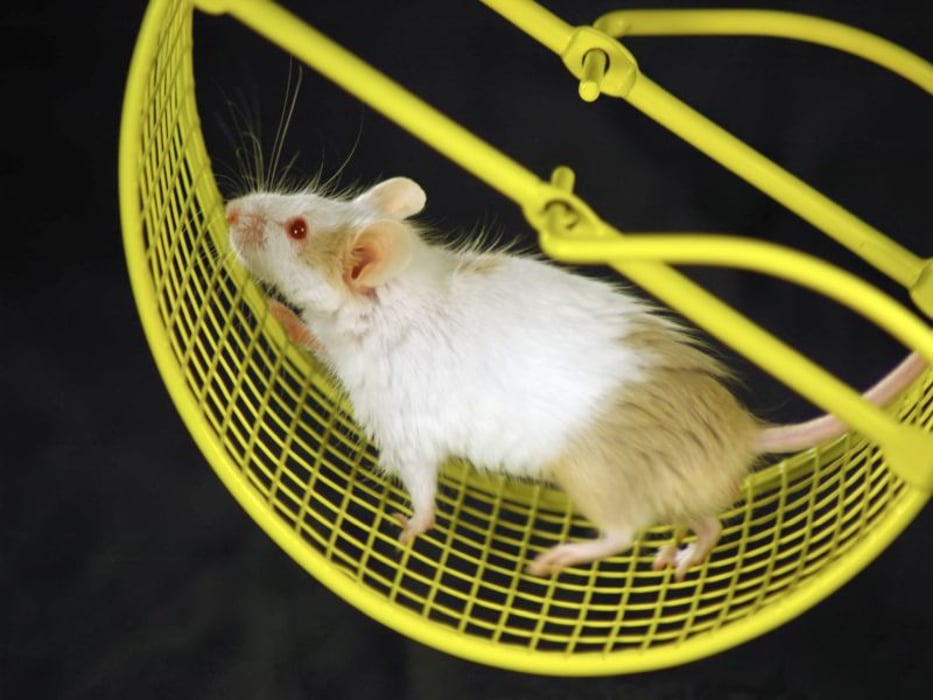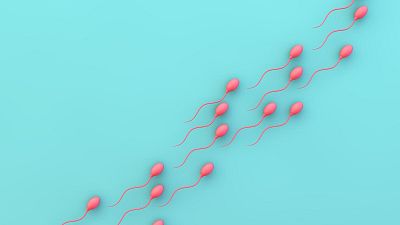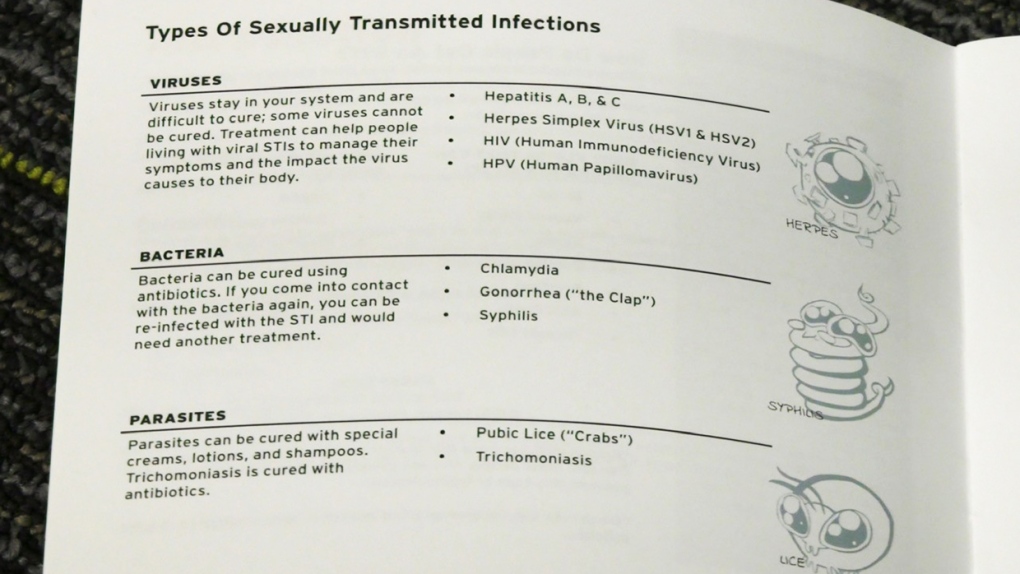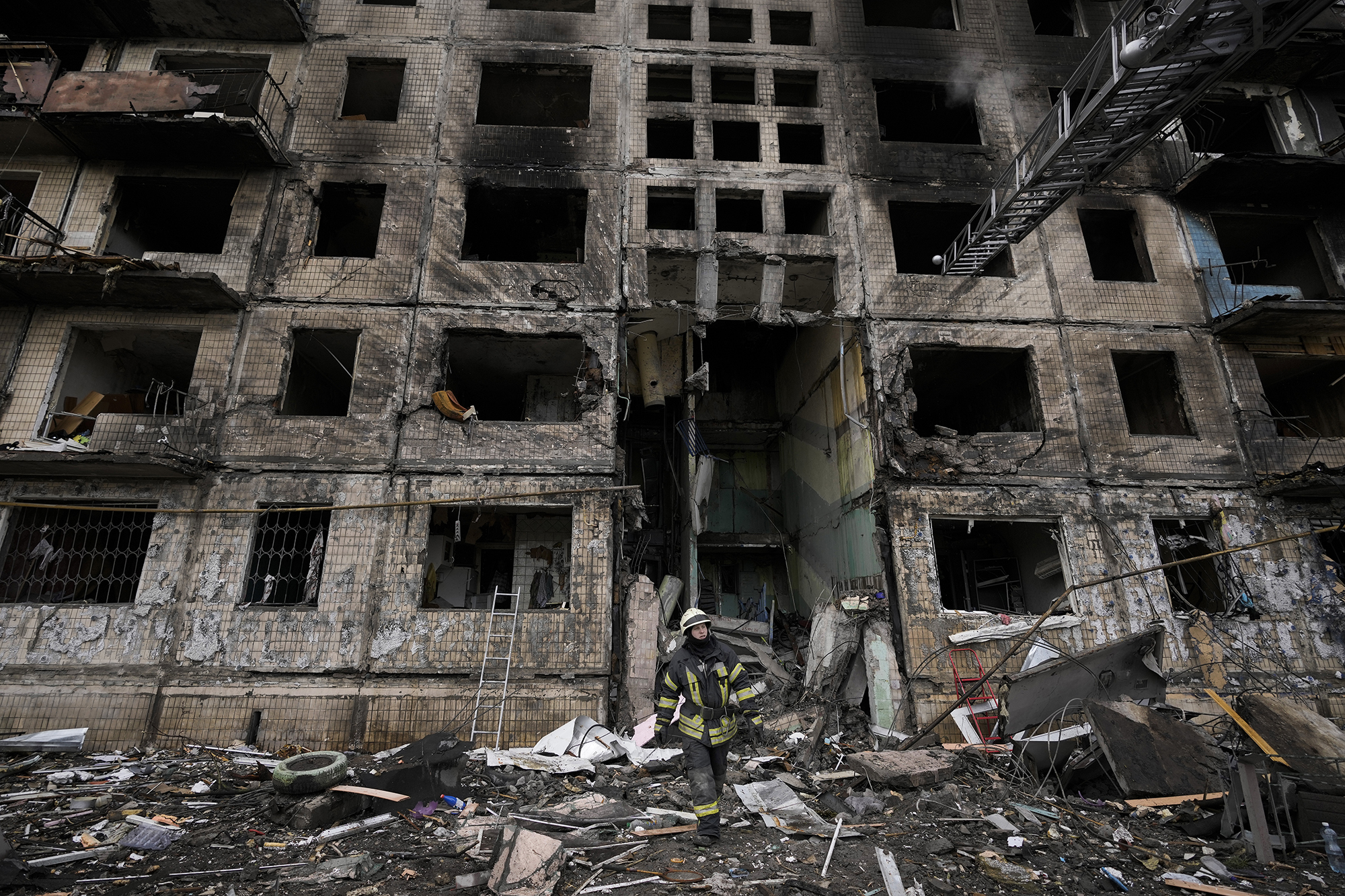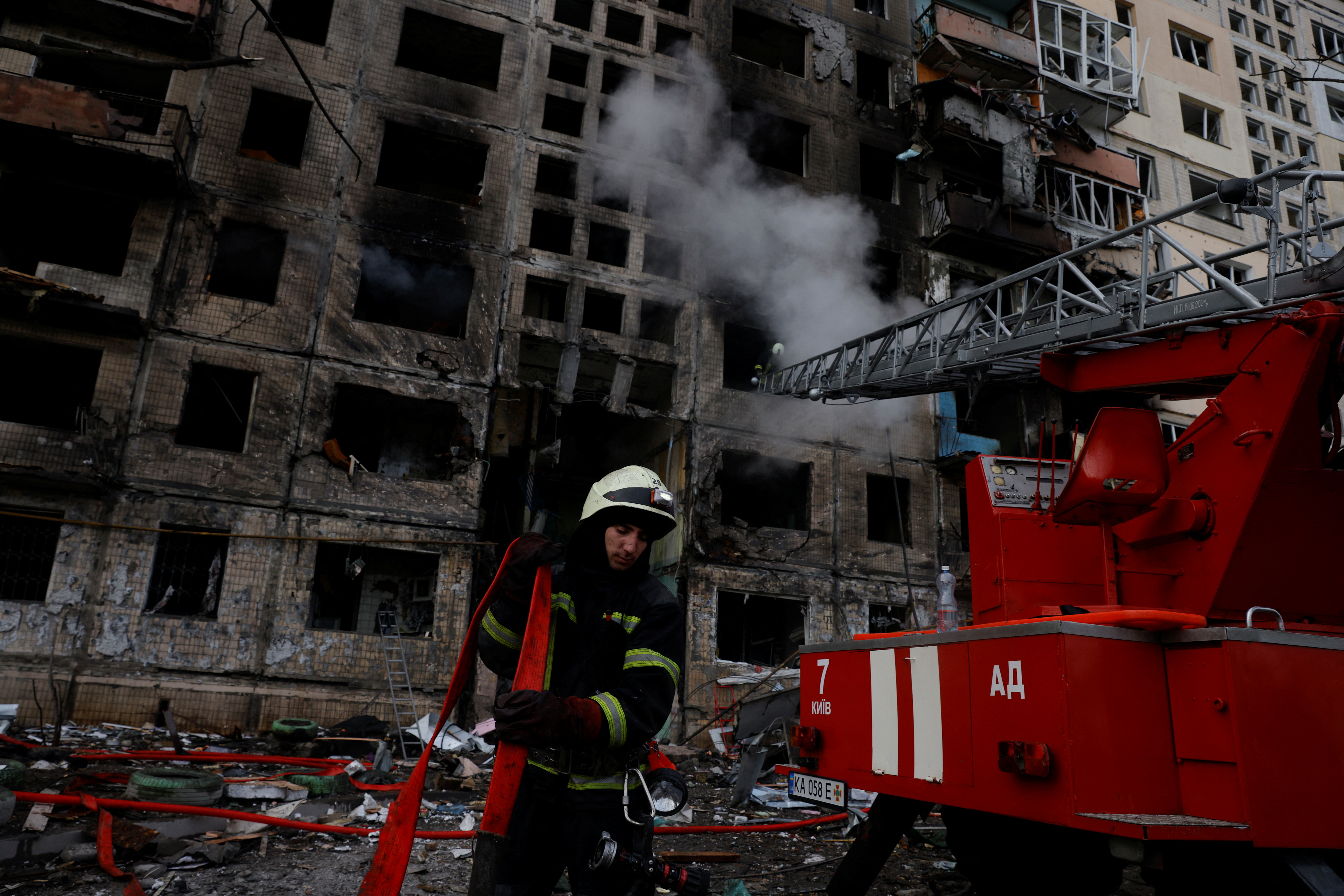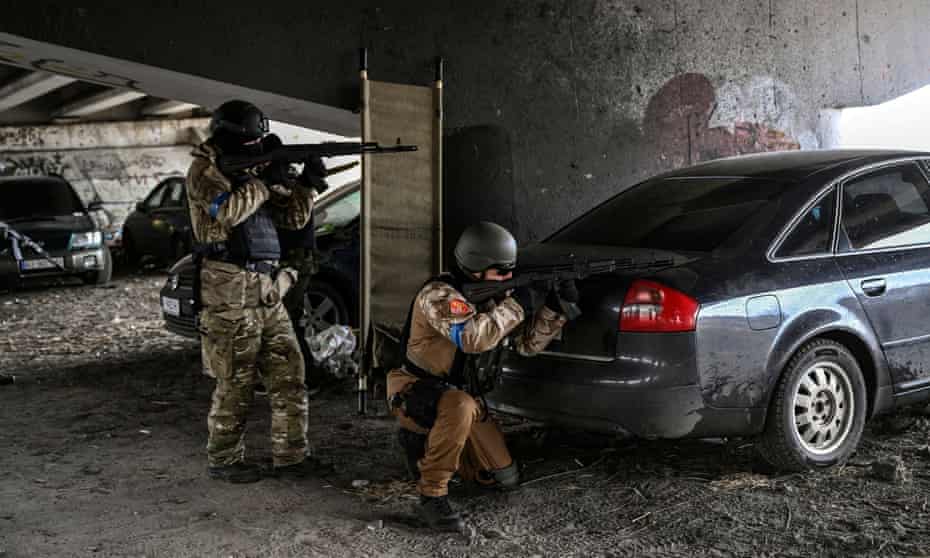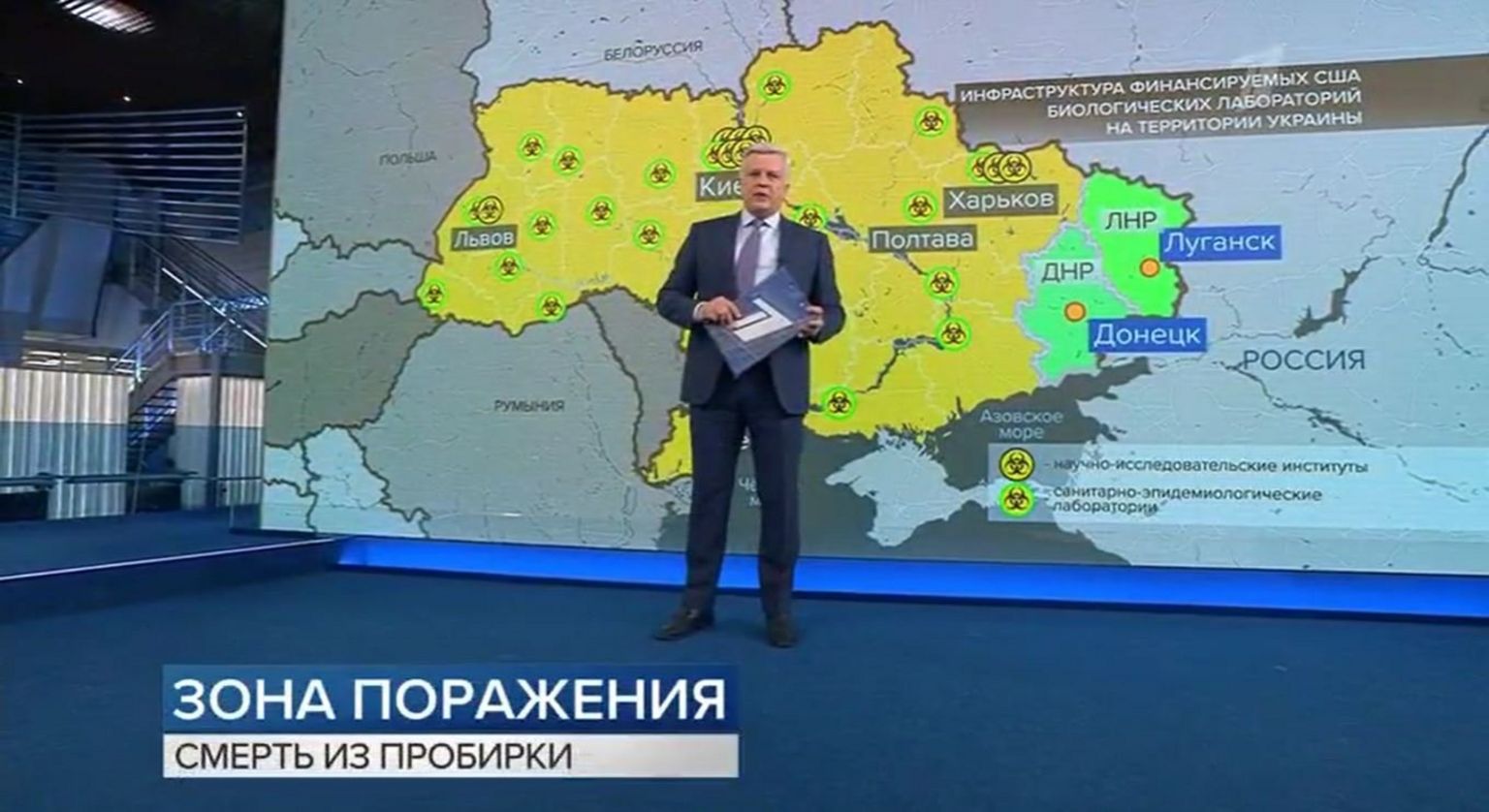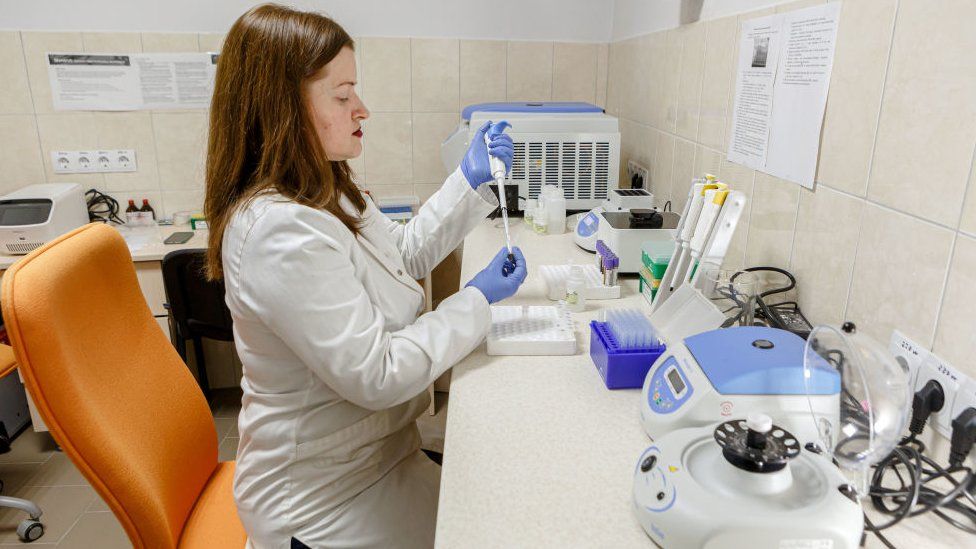"Putin's attack on Ukraine is an attack on the values that form the pillars of all democracies. We have a responsibility to make the case to people about why these values matter so much -- not just to Ukrainians but to us all."
"We must recommit ourselves to the work of strengthening our democracies, and demonstrate the principled leadership people are looking for."
Canadian Prime Minister Justin Trudeau
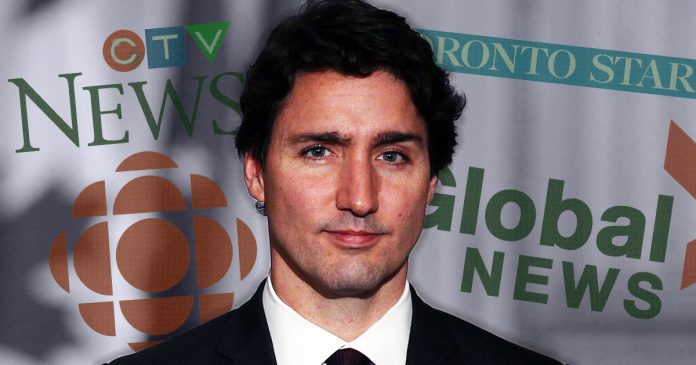 |
Despite Canadian legacy media outlets burying the story, the reprimand
of Prime Minister Justin Trudeau by European parliamentarians in
Brussels has made headlines around the world. True North
|
Canada's 'charismatic' prime minister, the man who rode to success during the 2015 election that brought him to the helm of government, enjoyed telling the international community at events taking him outside his country that "Canada is back!". He never stopped deriding the previous, Conservative-led government that preceded him, led by former Prime Minister Stephen Harper. His initial actions on coming to power included reversing most of the moves of the previous government, and then he put his own personal imprint on government departments, renaming them all.
This man preened and presented himself as a 'feminist' and a supporter of Indigenous rights, yet when his government's female/Indigenous Minister of Justice and Attorney General refused to surrender to the pressure he and his cronies subjected her to in the interests of airbrushing away prosecution of a prominent Quebec company accused of international corruption, he moved her from her position, demoting her to a lesser portfolio, and finally removed her from caucus.
When the second-in-command of the Canadian military attempted to support the need for a re-supply vessel for Canada's ill-equipped navy, Justin Trudeau persecuted him, saw to his removal from office, and ordered a judicial enquiry into alleged wrong-doing, the consequences of which were an absolute acquittal. Justin Trudeau as prime minister of Canada has done more to drive a wedge between Western Canada and Eastern Canada than any of his predecessors.
He saw fit to elevate a spurious charitable enterprise during the initial days of the COVID pandemic; a group unqualified to fill a questionable position that would profit them greatly. A charitable enterprise whose operators were personal 'friends' engaged in questionable ethics, which paid the prime minister's mother and brother handsomely for celebrity appearances geared to give greater credibility to the charity, but which ended in a public scandal, forcing the Minister of Finance to step away from office.
During his time as prime minister of Canada, democracy has been eroded by decisions made by Justin Trudeau, with limited appearances in the House of Commons, and remotely-gathered sessions to conduct government business. He unnecessarily prorogued government for sustained periods of time, and would not be answerable for the lapse in government business, preferring lengthy adjournments attributable to his personal agenda.
This is a man who felt entitled to travel once again to Europe to speak to European parliamentarians to plead for unity in responding to the Russian invasion of Ukraine, a man who drove separatist impulse in Western Canada over his unequal and dismissive treatment of provincial assets and governments with which he would not agree. Democracies, he informed the European parliamentarians, is under attack in Ukraine, as though he was a leading exponent of democratic justice.
Trudeau's penchant for personal unaccountability, his practised aversion to direct response to questions, indulging in circumlocution, his automatic response to critics, lapsing into accusations of 'racism' and 'anti LGBTQ2' prejudices are legendary, known beyond Canada. When he mentioned as an example the recent truckers' protests in the streets around Parliament Hill in Ottawa last month, citing the Freedom Convoy as a conspiracy to turn citizens against a democratic system he described as best-suited, he drew a principled response from a handful of European delegates.
A response that made long-suffering Canadians sigh in appreciation that the hypocrisy and egocentricity of the man who has spoken of Canada as a 'racist' country, a country without any culture of its own, along with his aspiration to make of it a 'post-national' country has received recognition. The protesters in Ottawa, fed up with their government's autocratic mandates verging on dictatorship asked to be listened to. Their government had mandated that the ten percent of truckers who were unvaccinated must be.
People who for whatever reason would not submit to vaccination became, under Trudeau, third-class citizens whom he regarded with repugnance as unspeakable riffraff. He directed that they be unemployable without vaccination. Families with no incomes, struggling to get through a difficult period in their collective lives wanted an explanation and an answer from their prime minister, who refused to meet with them. Their protest was an affront to his sense of infallibility.
"To defend our rights and the rights of our children, which we have
acquired over the centuries, many of us – including myself – are willing
to risk our own freedom and our own lives. Unfortunately,
today there are those among us who trample on these fundamental values."
"Canada, once a symbol of the modern world, has become a symbol of civil
rights violations under your quasi-liberal boot in recent months."
"We watched how you trample women with horses, how you block the bank
accounts of single parents so that they can’t even pay their children’s
education and medicine, that they can’t pay utilities, mortgages for
their homes. To you, these may be liberal methods, for many citizens of
the world, it is a dictatorship of the worst kind. Rest assured that the
citizens of the world, united, can stop any regime that wants to
destroy."
Croatian MEP Mislav Kolakusic
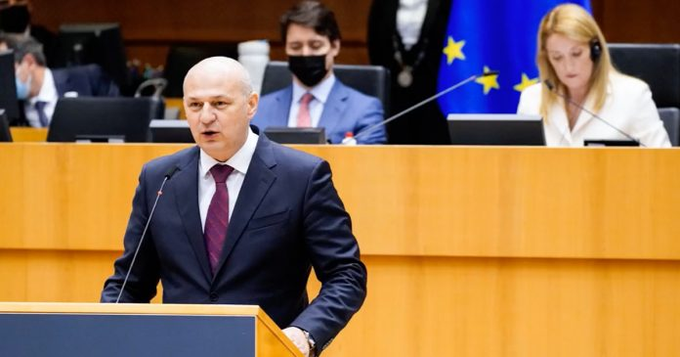
"Based on article 195, I would like to point out that it would have been
appropriate for Mr. Trudeau, Prime Minister of Canada, to address this
house, according to article 144. An article, which was
specifically designed to debate the violations of human rights,
democracy, and the rule of law which is clearly the case with Mr.
Trudeau."
"[You are a] disgrace for any democracy. Please spare us your presence."
German MP Christine Anderson
 |
| Anderson accused Trudeau of openly admiring the Chinese basic
dictatorship and called out the prime minister for trampling on
“fundamental rights by persecuting and criminalizing his own citizens as
terrorists just because they dare to stand up to his perverted concept
of democracy.” |
Labels: Authoritarian, Canadian Prime Minister Justin Trudeau, Europe, Megalomaniac


